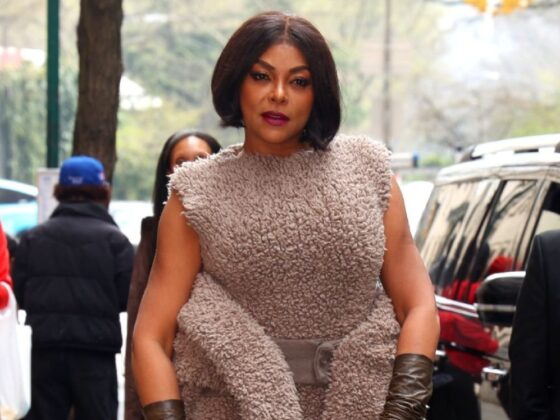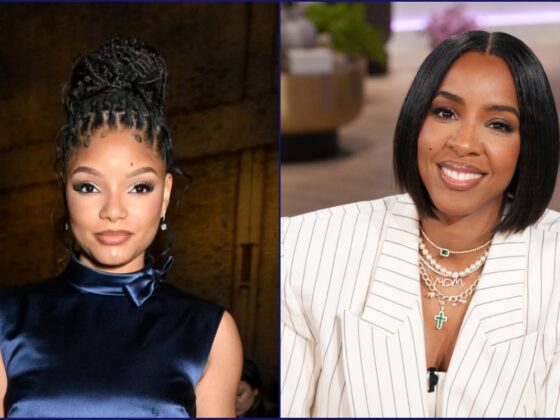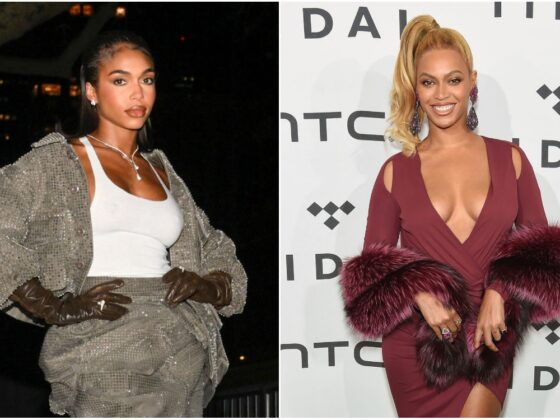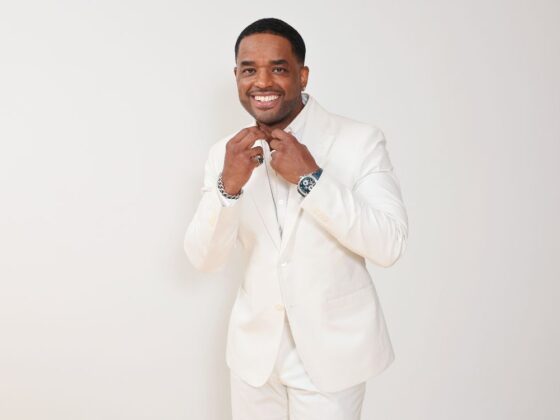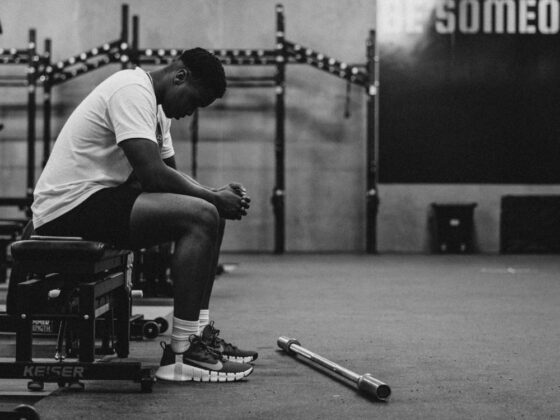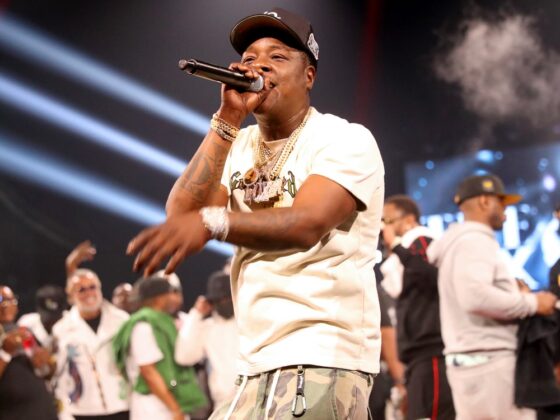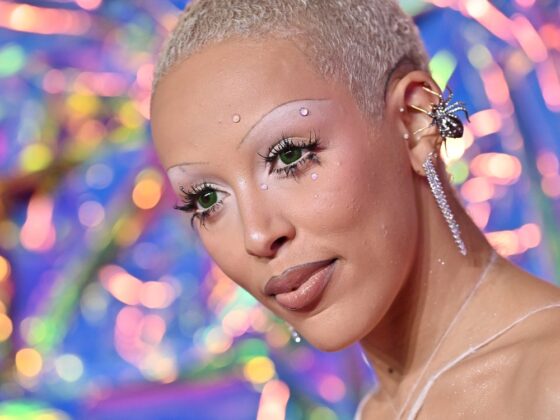On day 30 of the Sean “Diddy” Combs‘ federal trial, the courtroom moved to a different phase: closing arguments. Prosecutors and defense attorneys began to recap their cases, leaving jurors their final impression of weeks of testimony, exhibits, and witness testimony. With tension on high and relatives in attendance, both sides aimed at how the jury would structure the evidence created since the trial began more than six weeks prior.
Legal Finishing Touches to Jury Instructions
Minutes before the lawyers began delivering their closing arguments, the court discussed legal finishing touches to the jury instructions. Federal prosecutors requested that the wording regarding “attempted” kidnapping and arson be deleted. They demanded a desire for terse and legally correct instructions to the jury, although those charges still support the broader racketeering conspiracy and sex trafficking charges Combs faces.
Judge Arun Subramanian oversaw the day’s events as he informed jurors that they were at liberty to create their own deliberation schedule following closing arguments.
The Prosecution: Building a Criminal Enterprise
Assistant U.S. Attorney Christy Slavik opened the case for the prosecution by arguing Combs was at the top of a criminal enterprise involving his companies, staff, and pull. Slavik accused the entrepreneur behind Bad Boy Records of using his authority and business contacts to engage in and conceal sex trafficking, drug sales, bribery, arson, and obstruction of justice.
Slavik took the jury through the four elements of the RICO count. She described how Combs’ employees consciously facilitated his alleged criminal conduct, be it by procuring drugs, setting up sexcapades across state lines, or helping to cover up incriminating evidence.
The prosecution pointed out that the company serviced Combs’ tastes, for power, control, and money. From physical abuse of his girlfriends to threats of releasing sex tapes, Slavik painted a portrait of a man who, she said, could not accept rejection and employed loyalty so he could remain in charge.
Victims Focus and Cross-State Activities
At the heart of the prosecution’s argument were the testimonies of two of Combs’ former girlfriends: Cassie Ventura and a woman identified only as “Jane.” They both testified that Combs coerced them into having coercive and violent sex, typically in conjunction with so-called “freak offs”, threesomes with hookers allegedly booked using drugs and intimidation.
Slavik highlighted the interstate movement of sex workers and victims and asserted that it engaged Combs directly in federal sex trafficking crimes. 27 headshots of male sex workers were visually presented to attest to the fact that these were criminal, recurring, and organized encounters.
Further testimony included allegations of drug distribution involving Combs’ inner circle, including former assistant Brendan Paul, who allegedly bought drugs at the direction of Combs’ chief of staff. Other instances, such as the alleged 2016 hotel beating of Ventura and the supposed arson involving Kid Cudi’s vehicle, were presented as key examples of violent intimidation and cover-up efforts.
Coercion, Bribery, and Grooming
In the later portion of Slavik’s presentation, the psychological side of coercion was tackled by her. She discussed how “Jane” was allegedly manipulated via economic reliance and threats of harm to her reputation. Depicting such things as a disturbing October 2023 sex act and a 2024 beating, the prosecution argued that Combs’ actions showed a continued pattern, even after federal investigations had begun.
Text messages among Combs, his aides, and victims were expected to identify attempts to silence and intimidate witnesses. Combs’ attempt to cover up, including bribing hotel staff after the 2016 event, represented bribery and additional evidence of an organized criminal activity, Slavik added.
The Road Ahead
Closing arguments are already in progress and will continue later with the defense rebuttal. Jurors now face the intimidating challenge of balancing a massive case that involves fame, power, and serious criminal allegations. The next step in the trial, jury deliberation, will determine if Combs is guilty of conspiracy to commit racketeering, sex trafficking, and other offenses. Whatever the outcome, closing arguments have positioned this case as a moment of legal significance for the intersection of power, fame, and justice.




